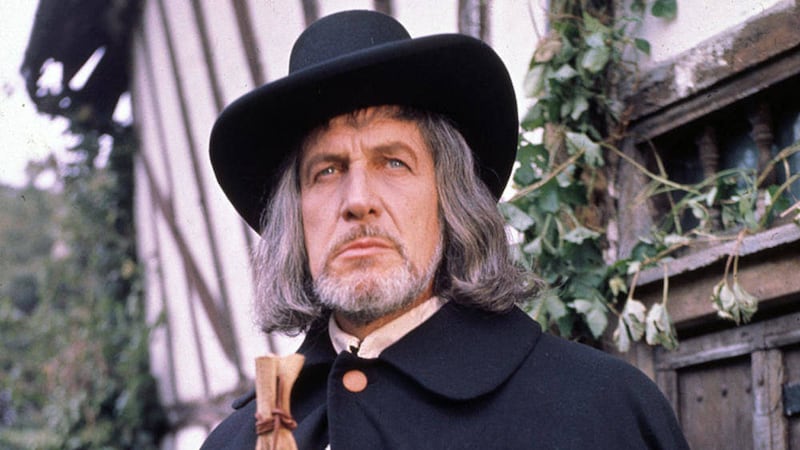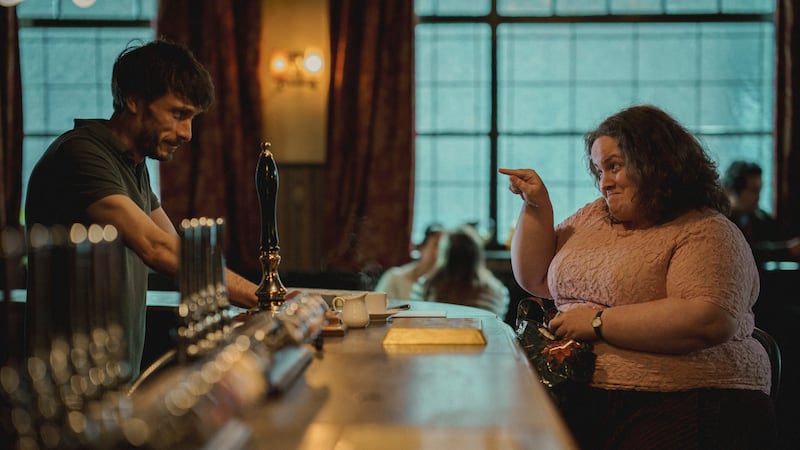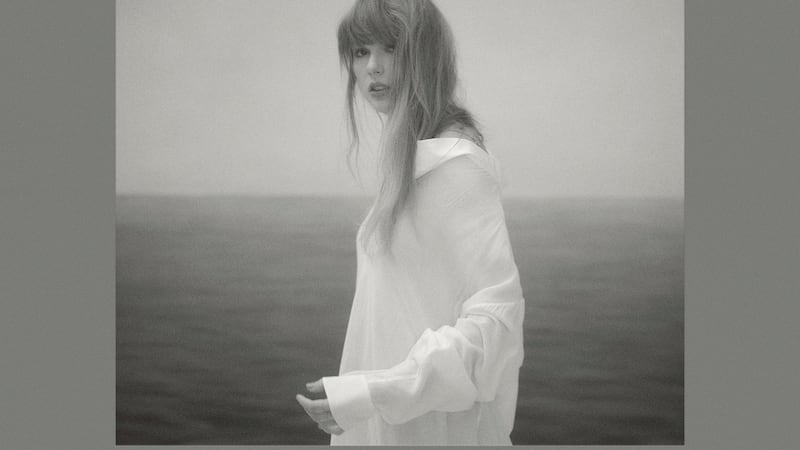Merchant Of Menace: The Life And Times Of Vincent Price by Dennis Meikle
TO DISMISS Vincent Price as a mere horror actor is to do the memory of the man himself a great disservice.
Multi-faceted in his abilities, Price was an art collector and expert of some note, a writer of respected cookery books, a TV panel show regular and pop culture icon, as likely to turn up in Batman or a Michael Jackson video as a sumptuous Gothic horror flick.
A well bred, culturally inquisitive polymath, Price he had been a highly respected, classically trained actor for more than a decade before the horror boom of the 1950s, which changed his life forever.
In Merchant Of Menace: The Life And Times Of Vincent Price (Hemlock Books), author Dennis Meikle acknowledges this while delving deep into every aspect of the great man’s movie career.
It also offers a rare glimpse into Price's often complex private life – tales of his various marriages and allusions to bisexuality arise throughout – and there are endless showbiz tales featuring the likes of Errol Flynn and Cecil B DeMille.
A wit and a raconteur, he met his final wife Coral Browne in the mighty Theatre Of Blood, a 1973 epic about an undervalued Shakespearian actor, Edward Lionheart, taking bizarre and bloody Bard-inspired revenge on a cabal of London theatre critics.
In one of the film's most gruesome, memorable sequences, Coral’s character is fried alive by Lionheart: It was the unlikely beginning of a lasting love between the two thesps.
Meikle covers Price’s personal life well, but the true cult hound is drawn inevitably to those iconic horror roles in the likes of 1953 3D shocker House Of Wax and particularly the 1958 sci-fi game changer The Fly which truly kicked down the door to his global cult status.
From there, the public lapped up his beautifully judged takes on macabre masterpieces like House Of Usher (1960) and Roger Corman's slew of cheaply made yet lush looking Edgar Allan Poe adaptations.
There are fascinating insights into his famous and chillingly detached performance as Witchfinder General, Matthew Hopkins – a thoroughly miserable experience for the actor it seems – and examinations of some of his most popular turns in films such as The Abominable Dr Phibes and The House On Haunted Hill.
Be they beautifully rendered gothic melodramas like Dragonwyck, timeless classics like The House Of The Seven Gables or even his genre swansong Tim Burton’s downbeat Edward Scissorhands, they’re all here – covered lovingly and with just the right amount of critical respect.
There was always something classical about Price an actor who, as Meikle rightly points out, imbued his best work with an excellence that lifted it clear of the exploitation world, transforming it into a dark art.
A true American original, he was an actor who could illuminate the screen with both a silver tongued charm and a deeply uneasy sense of menace at the same time.
Meikle’s invaluable tome captures that complexity perfectly and does his subject proud in the process.



